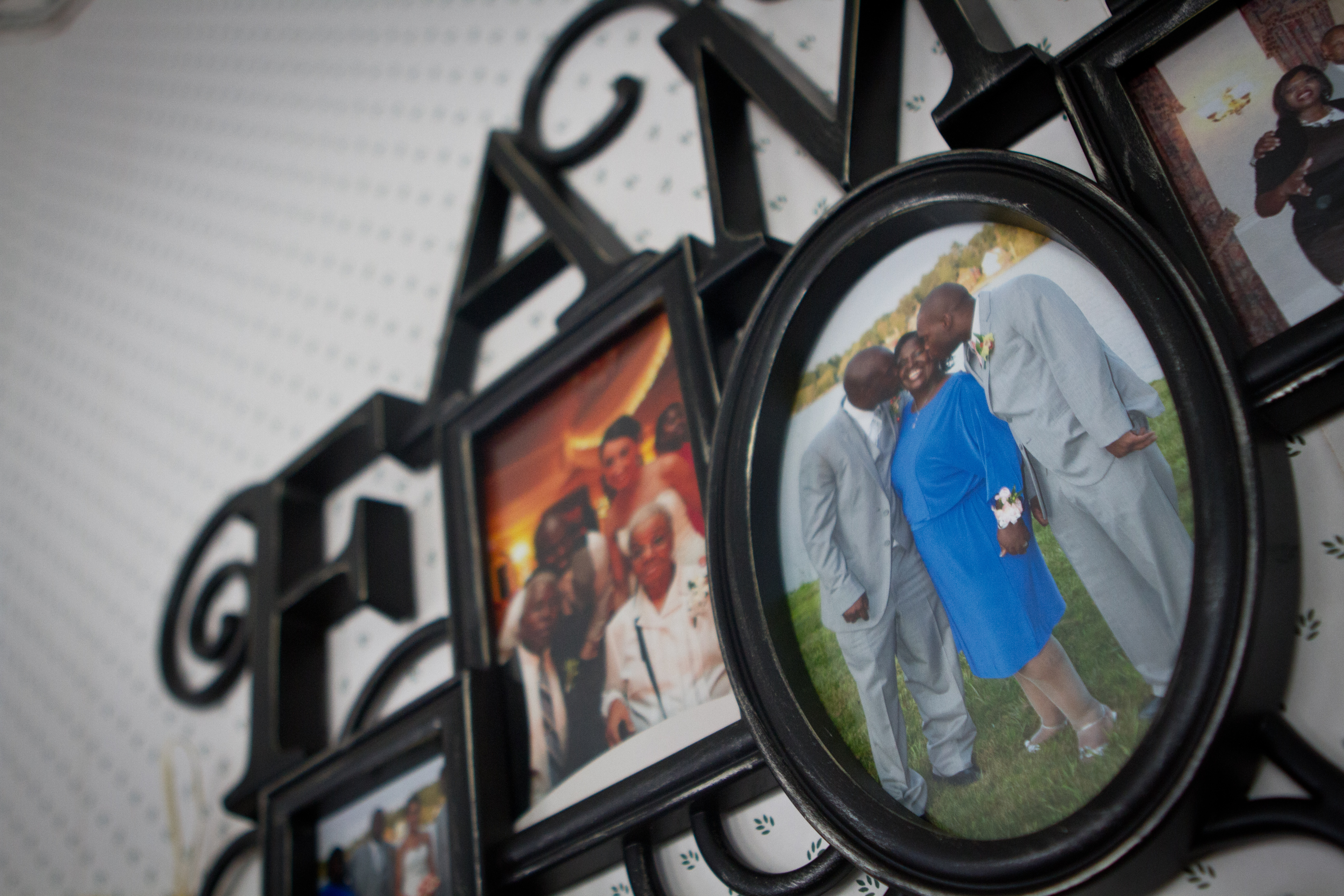confronting cost
On Wednesday, the Senate voted against a bill filed by Sen. Elizabeth Warren, D-Mass., that would allow college graduates to refinance their outstanding student loans at lower interest rates.
Despite the public outcry about mounting student loan debt, Republican leaders widely dismissed the measure as a progressive political stunt during an election year because it called for a new tax on millionaires and billionaires to cover the cost.
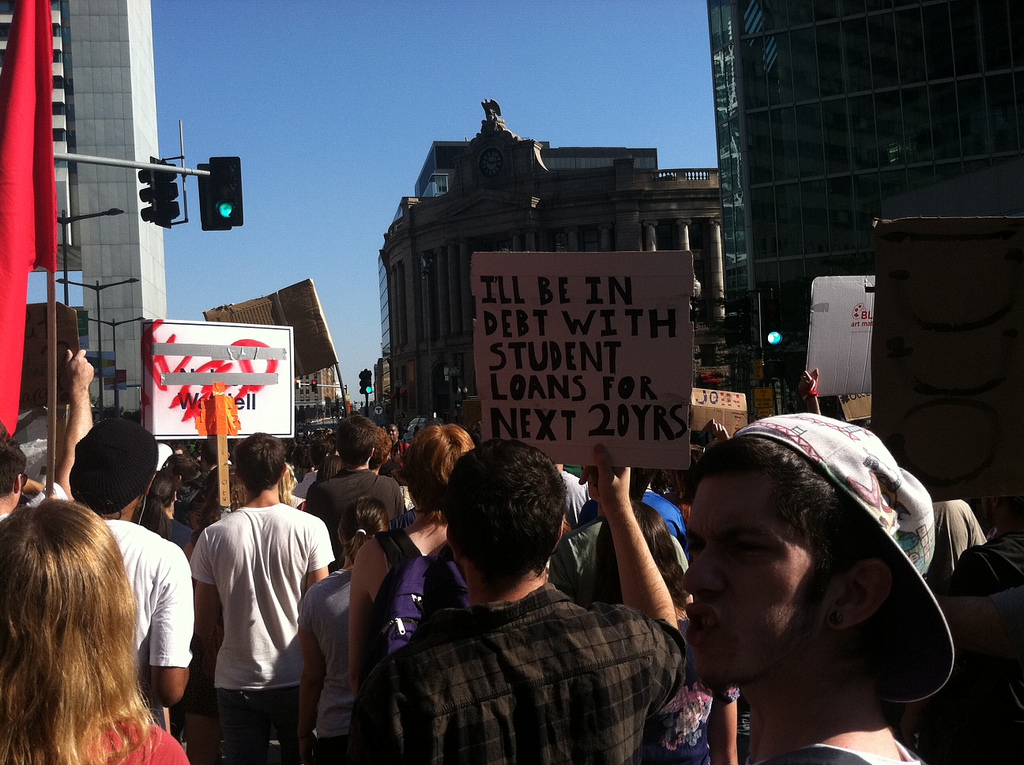
President Obama issued an executive order on Monday, authorizing college students who take out federal loans to cap their loan repayments at 10 percent of their monthly incomes. Obama said the order would allow an additional five million borrowers to cap their student loans beginning next year.
The president is also urging Congress to pass a bill introduced by Massachusetts Senator Elizabeth Warren that would allow students to refinance their federal and private student loans at lower interest rates.

After decades of rising costs, students are less willing and able to pay a premium for college education. Many families are asking whether college is worth it. And that question has been posed repeatedly in recent headlines. From a New York Times op-ed to NPR's Education Blog, many pundits are making their voices heard.
For those who don't want to slog through every op-ed and article, WGBH’s On Campus has aggregated highlights in one place.
So… is college worth it?
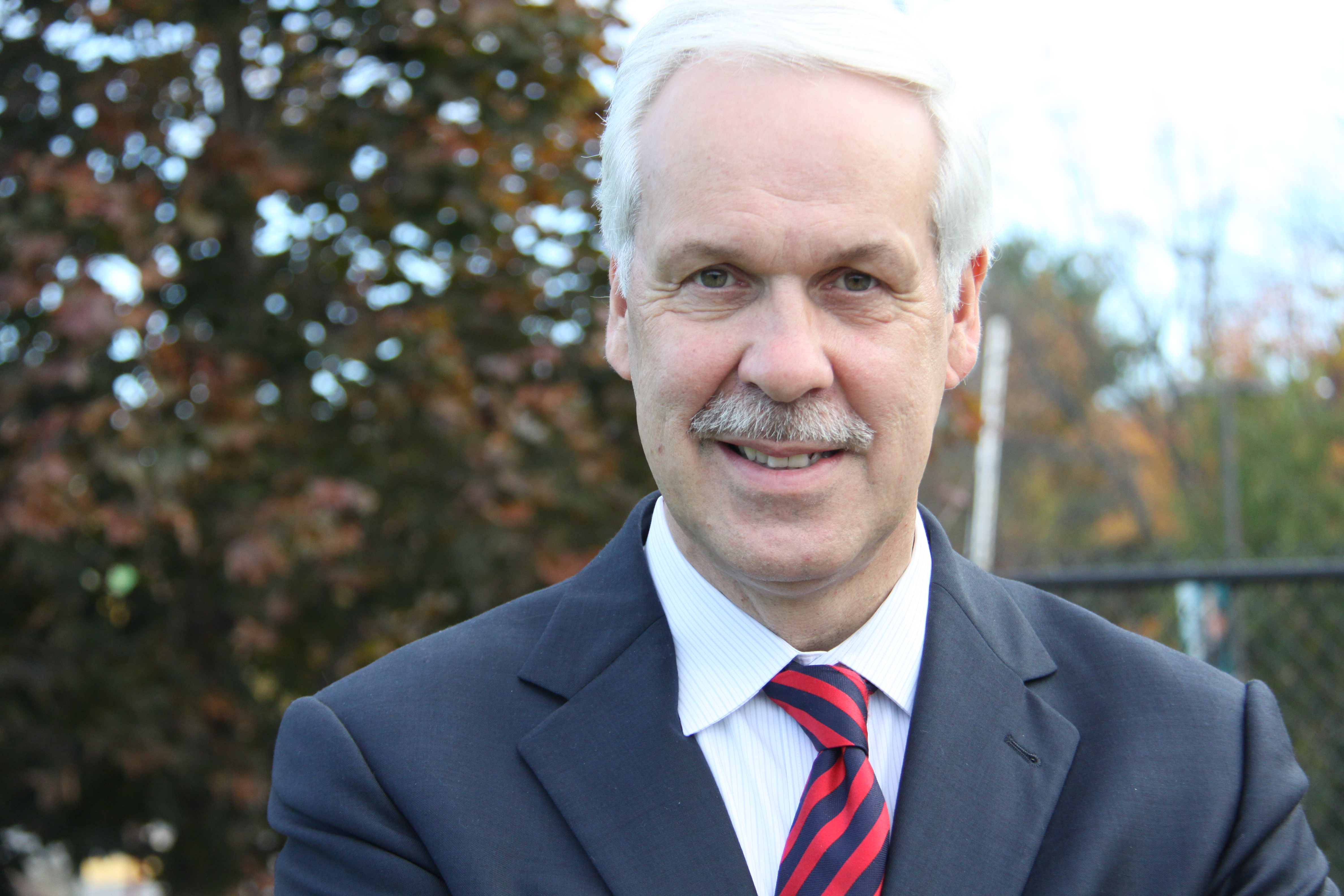
How low can college sticker prices go? Southern New Hampshire University announced this month it will offer the country's first fully-accredited $10,000 bachelor's degree online.
The Manchester-based university is partnering with more than 50 employers - from Blue Cross Blue Shield to McDonald's - to offer degrees aimed at working adults.

Senator Elizabeth Warren is renewing her effort to help former college students pay back their student loan debt.
Warren wants to bring high student loan interest rates down to the rates that are offered to new borrowers this year.
Earlier this week, WGBH’s On Campus caught up with the senator shortly after she left the floor of the Senate where she filed a bill to do just that.
At the Higher Education Desk we talk a lot about increasing access for low-income students, largely because delivering affordable, high-quality college education to more people is a pressing economic issue in the twenty-first century.
Thomas Piketty is currently the Associate Chair at the Paris School of Economics. In his new book, Capital in the Twenty-First Century, he analyzes data from 20 countries from as far back as the eighteenth century.

A new report says part-time teachers at local community colleges are not getting enough institutional support to be effective. And since so many of these schools use adjunct over full time professors, this may be downgrading the quality of education for the millions who attend community colleges.
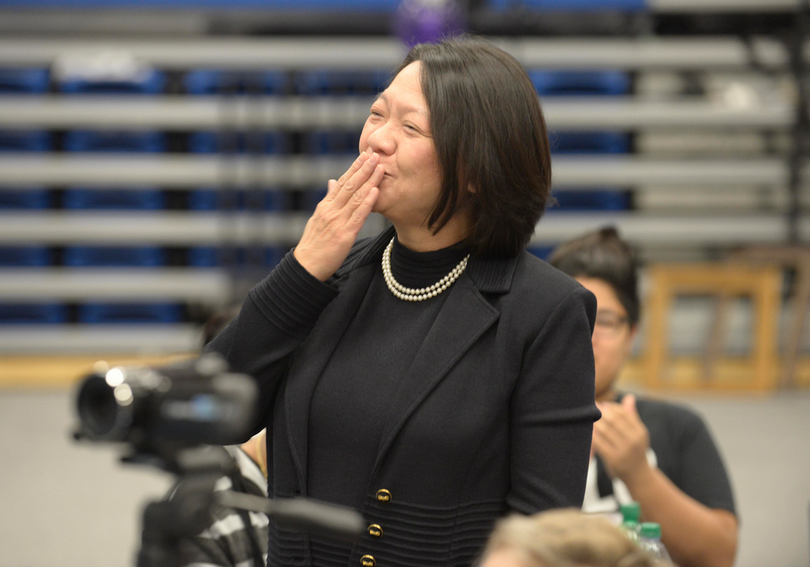
When the media talks about colleges and universities during this admissions season, visions of tree-lined quads at four-year liberal arts institutions may come to mind. But the truth is that almost half of undergraduate students in the United States actually go to community college.
Pam Eddinger is the president of Bunker Hill Community College in Boston, where 14,000 students are working towards certificates or degrees.
On Campus recently talked to Eddinger about the unique role community colleges play, and we started out by asking her what first drew her to the community college scene.
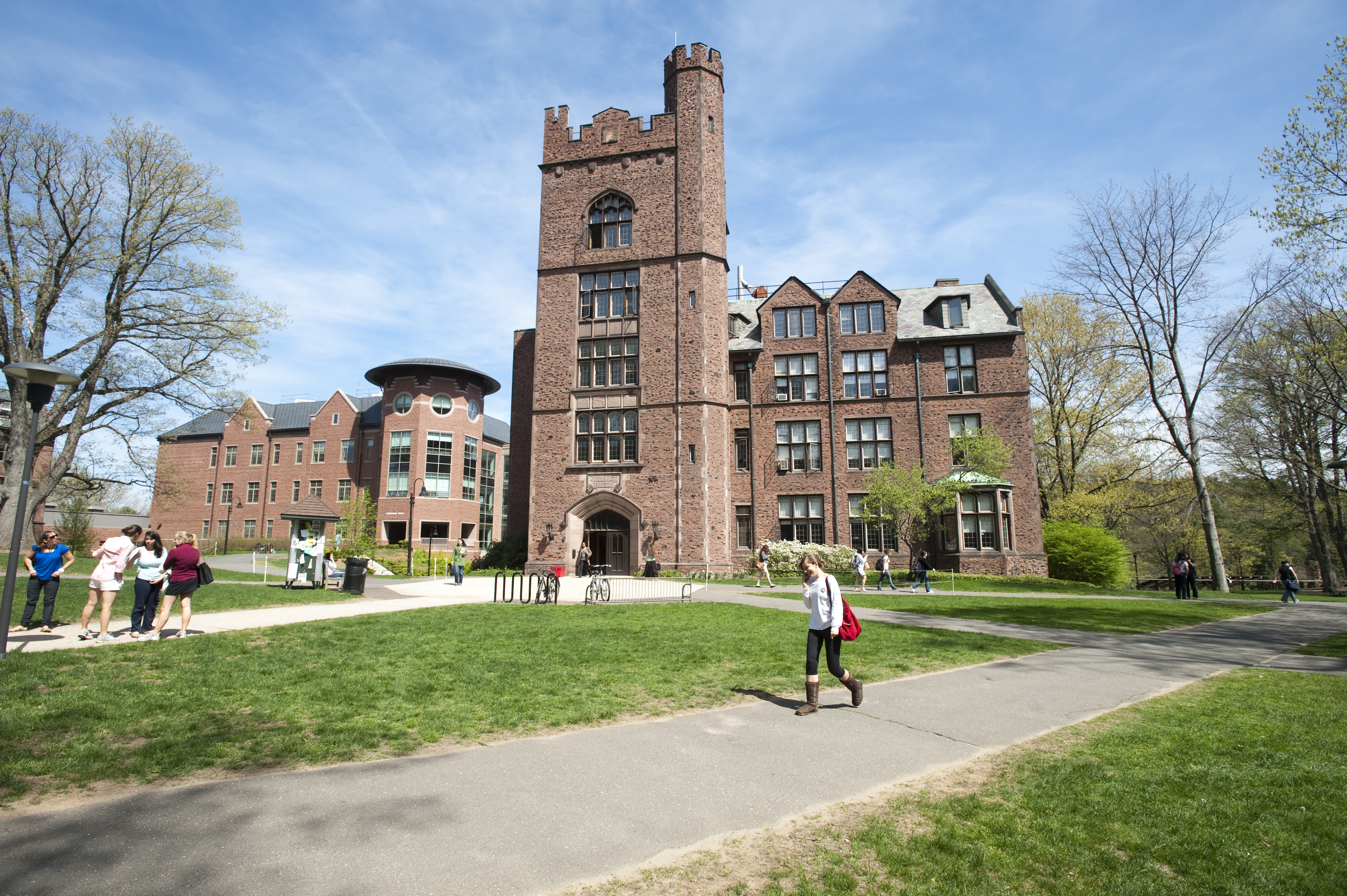
High school seniors across the country are anxiously awaiting college acceptance or rejection letters. The experience can be excruciating, especially for those who are hoping to become the first in their family to go to college. But Lynn Pasquerella, president of Mount Holyoke College, wants to take the time this admissions season to think about those students who did not apply.


